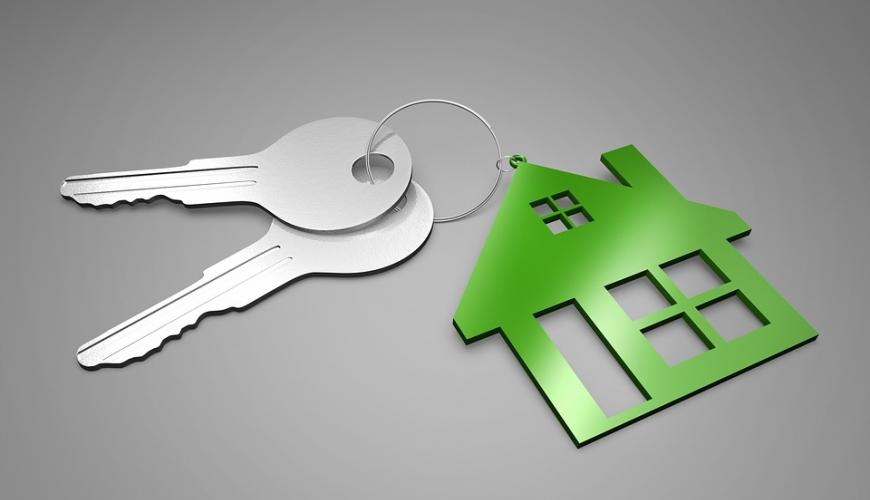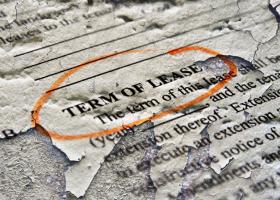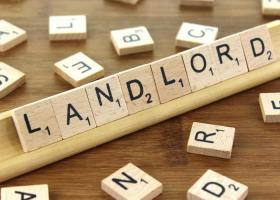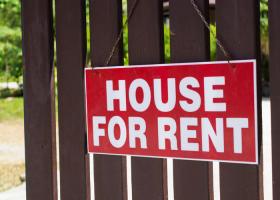New Rules for Landlords

The rules of the game have changed. As of September 1, 2017, landlords must follow stricter rules when it comes to evicting a tenant, or else face up to $25,000 in fines. These changes are part of the Ontario government’s new Fair Housing Plan, which included expanded rent control on all buildings and a standard lease proposal. The new rules for landlords and tenants are about evictions, making it riskier for landlords and safer for tenants.
Here are the new rules for landlords:
If a landlord decides to evict a tenant for personal use of the unit, such as moving in themselves or moving in a family member, then the landlord must do the following:
- The landlord must pay the tenant 1 month’s rent in compensation for the eviction.
- Or, the landlord must offer the tenant a comparable unit in the same or a different building.
- The landlord must show an intention to live in the unit for at least 1 year upon eviction. A standard 60 days advance notice of eviction still applies.
- If the landlord fails to follow these rules, and then re-lists, converts, or demolishes the unit within 1 year of eviction, the landlord could face up to $25,000 in fines.
Remember, these new rules apply only to landlords who want to evict a tenant from a unit for PERSONAL USE. This does not apply to evictions regarding bad tenants who damage property or fail to pay rent. Those situations go to the Landlord and Tenant Board as usual.
Why have these new landlord rules come into place?
These new landlord rules have come into effect to protect tenants from unjust evictions. As often happens, a few bad apples have spoiled the pie for everyone. Over the last who-knows-how-long, some greedy landlords were choosing to evict perfectly good tenants to turn a larger profit. Tenants who paid rent on time each month, respected the unit and the building, kept the unit clean, never had any problems at all often for many years of tenancy. Suddenly, these tenants were given an eviction notice. The reason being (most often)—the landlord is planning to move in themselves or move in a family member.
That is understandable. The landlord owns the property. They can do with it as they please. The respectful tenant moves out, and in a few weeks or months—BOOM—they see the unit re-listed at a higher price, for sale, or scheduled for demolition. Often the re-listed rental price has simply been adjusted to reflect current market value, whereas the previous tenant might have been paying a much lower rate. But sometimes the new listing is asking for much, much more, or the landlord has decided to switch to short-term rentals like Airbnb. The new rule requiring the landlord to occupy the unit for at least one year is intended to prevent immediate re-listings. In any case, the situation can get messy, for everyone.
In an ideal world, honest, fair landlords would rent units to honest, respectful tenants. But we do not live in an ideal world. That means landlords sometimes evict good tenants to make a buck, and tenants sometimes disrespect landlords by damaging units and not paying rent.
The new rules from the landlord’s point of view
Property owners and investors don’t want to commit to a long-term rental agreement that hinders their rights as a property owner and might eventually disenfranchise them down the road.
It can be risky business putting property on the rental market. There are a lot of expenses such as property taxes, maintenance fees, annual fire and safety inspection fees, and extra repairs and upgrades, all in addition to the costs of your own primary residence. Landlords who rent a property to pay off the mortgage rarely make a profit each month, but merely cover the costs of ownership. And these costs increase each year.
Now enter the bad tenant. On top of the financial risks of being a landlord, there is the possibility of renting to a disrespectful tenant. There is a wide range of disrespect out there. Some tenants refuse to clean the unit, allowing filth, mould, fungus—you name it—to infest the space. Others treat the unit like their own personal playground, damaging the walls, doors, appliances, and more. Others stop paying rent and become squatters, or stop paying rent and vanish into thin air.
With the reality of disrespectful renters, adding additional rules and restrictions on how landlords handle tenants makes it much less desirable to be a landlord. Evicting a tenant requires a hearing with the Landlord and Tenant Board. It’s a lengthy process. Even though the new rules apply only to evictions for personal use, many landlords still consider any extra censure as an attack on their rights.
The new rules from the tenant’s point of view
Tenants are customers. Their landlord is not simply a property owner; their landlord is a business owner. They have chosen to start a business that provides a service to customers, and it’s a vital service—a home.
If landlords want to cover the costs of their mortgage with a rental income business, and maybe even pull in some profit, they need to meet a standard of service and a code of conduct befitting a business. They need to recognize that they provide a service. Not every property owner is a landlord; becoming one is a choice.
Of course, running any business entails risk. The costs of operation often fluctuate over time. Landlords must deal with rising property taxes, maintenance fees, and other costs—just as every business deals with variable overhead—shouldering the risk of failing along the way. It is not the responsibility of the customer to be unjustly held accountable for these losses.













